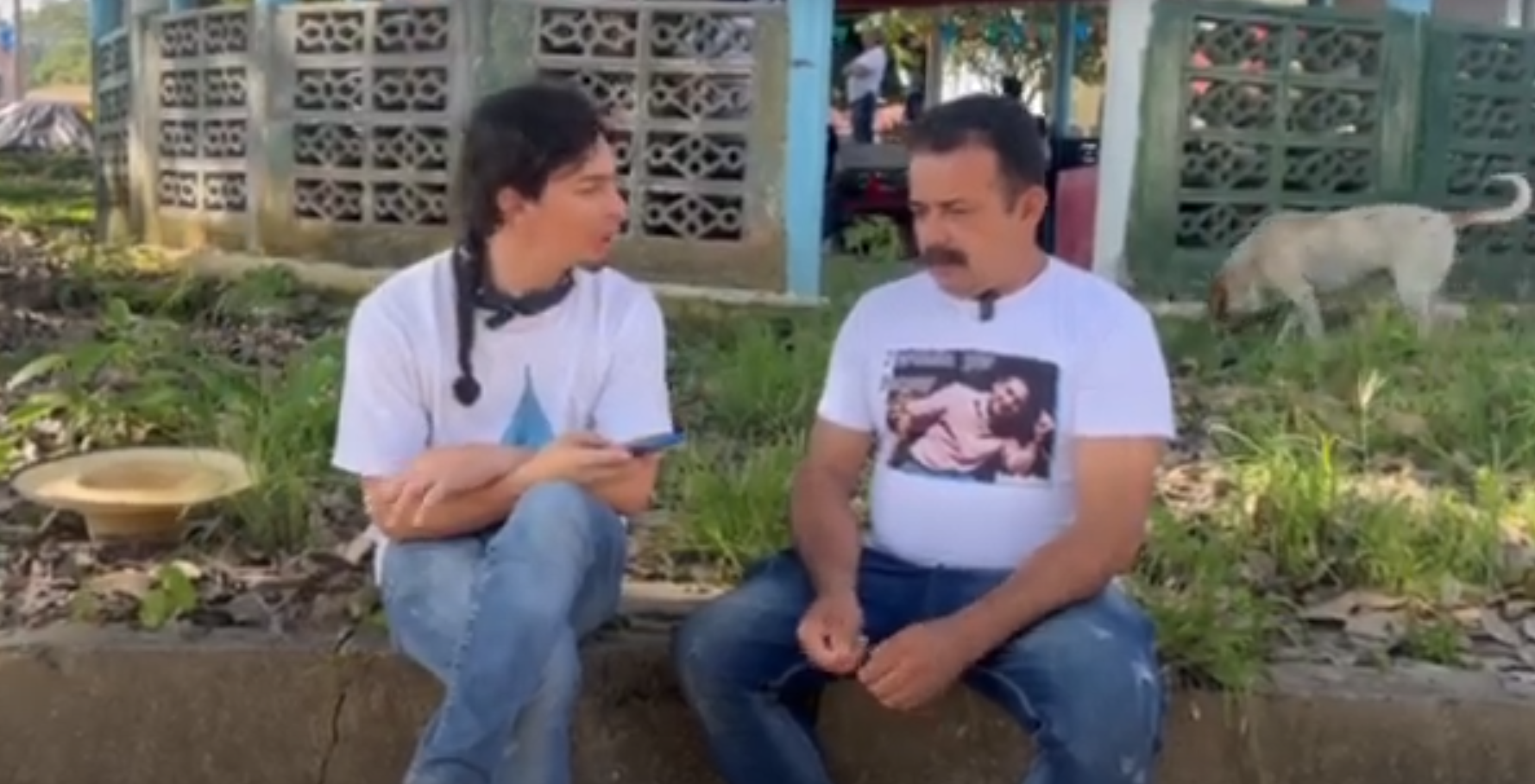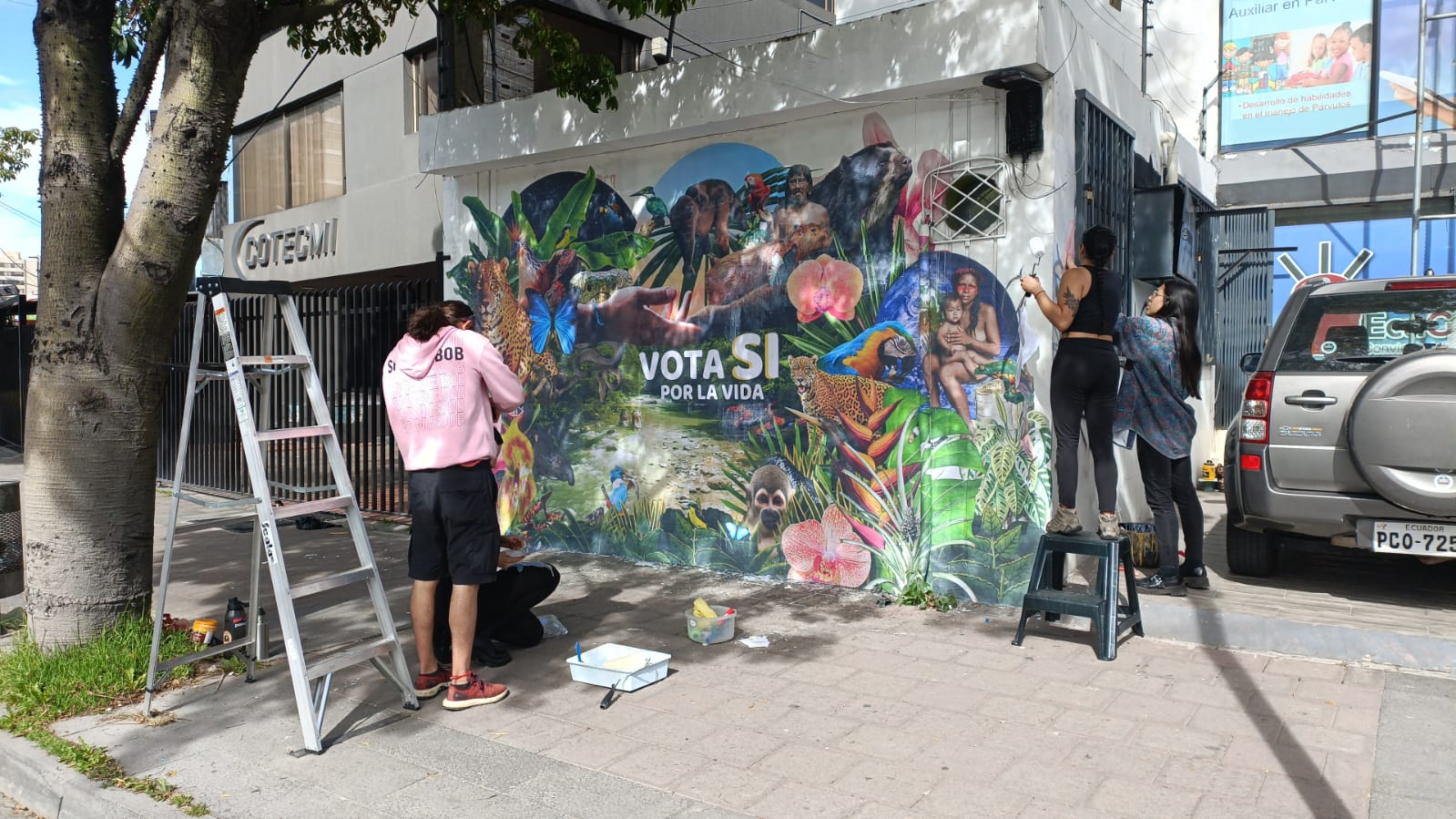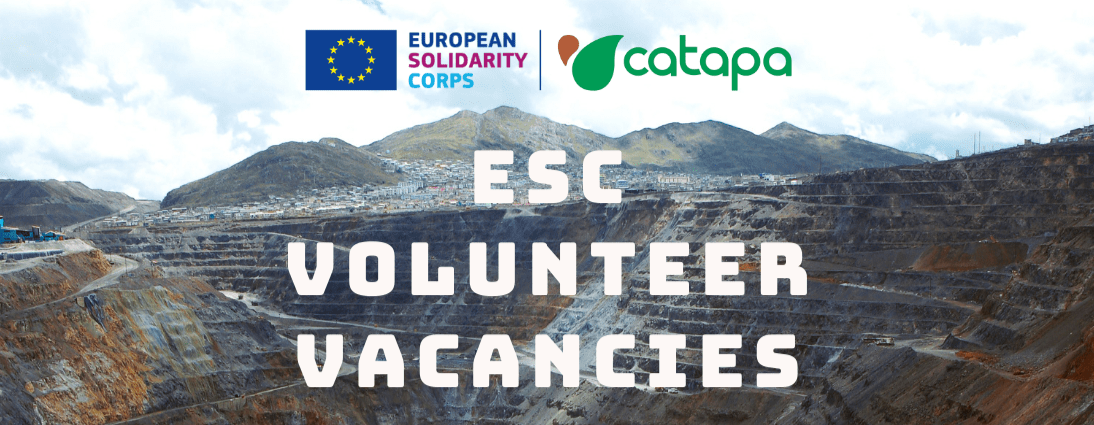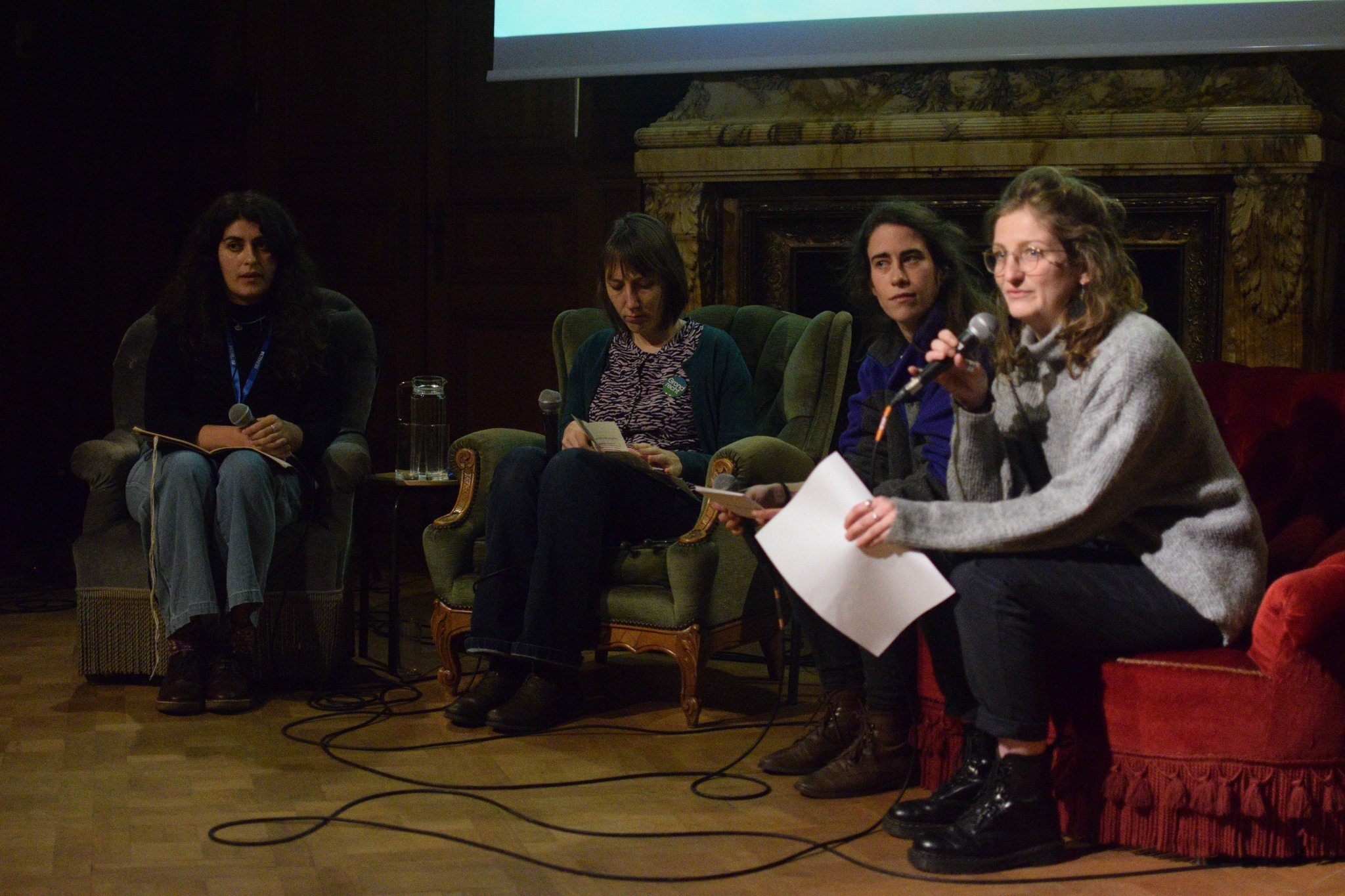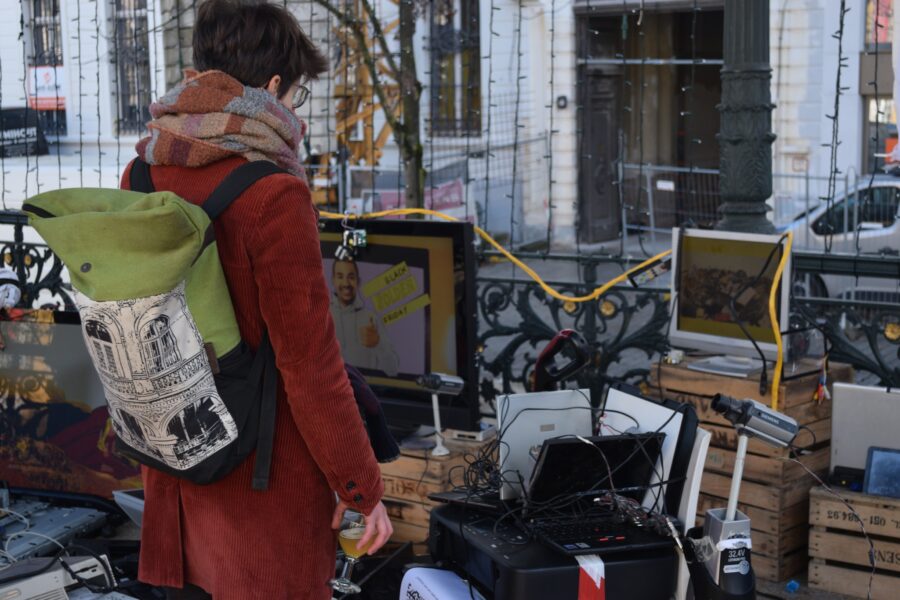Update: the threats towards Don Wilder’s family continue….
Earlier we shared the sad news that Johan Ferney Aguilar González was murdered on September 3rd. The day after, his father, don Wilder Antonio Aguilar Rodríguez, filed charges against the Canadian multinational Mirandagold for making threats directed at himself and his family. Wilder is the social leader of Vereda Santa Filomena, a community within the village of Falan in Colombia, which opposes mining in their habitat and is currently trying to stop the multinational’s exploratory works on their territory through legal procedures.
Up until today no one has been charged for the murder. The investigation is still ongoing, but for the residents of Santa Filomena it is clear who is behind it. In an interview with Luis Carlos Barrero, a volunteer at our partner organization Comité Ambiental en Defensa de la Vida de Tolima, Wilder talks about the impact of the murder on his family and his community. Which is of course huge. His family is torn apart by grief and there is a lot of fear in the community and far beyond. But despite it all, Wilder continues to fight for a better future for his community. Watch the interview below.
As if all of this wasn’t enough, Wilder again faced serious threats. His family is still not left alone. The Colombian government is clearly not doing enough to protect environmental and human rights defenders. Together with our partners, we demand that the national authorities and president Petro take urgent measures to protect the lives of Wilder and his family.
In Falan, like other parts of the country, defending one’s territory has become a high-risk activity. People can barely leave their homes and constantly feel unsafe. However, the right to life and defending one’s territory from outside threats are human rights.
The Colombian state has a duty to protect these freedoms of all Colombians. Read the denunciation of our partners and their demand for justice following the new threats here: Comunicado a la opinión pública (in Spanish).




